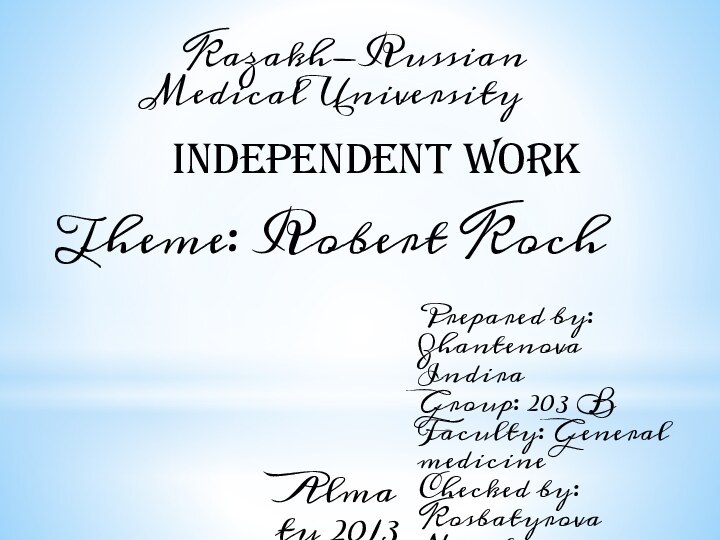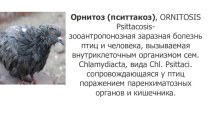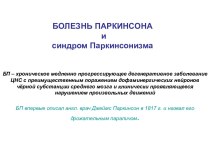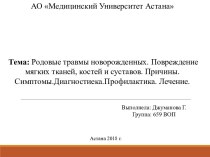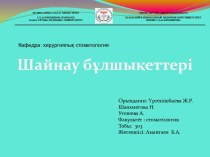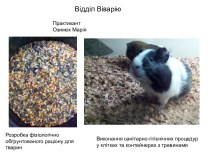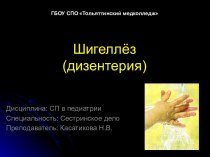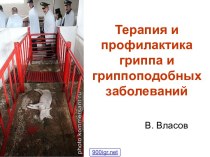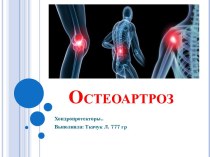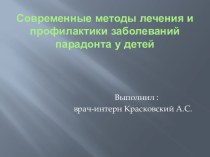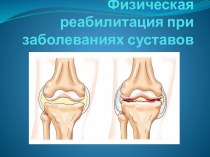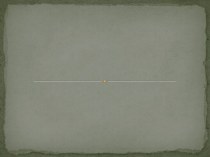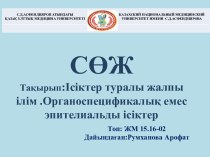- Главная
- Разное
- Бизнес и предпринимательство
- Образование
- Развлечения
- Государство
- Спорт
- Графика
- Культурология
- Еда и кулинария
- Лингвистика
- Религиоведение
- Черчение
- Физкультура
- ИЗО
- Психология
- Социология
- Английский язык
- Астрономия
- Алгебра
- Биология
- География
- Геометрия
- Детские презентации
- Информатика
- История
- Литература
- Маркетинг
- Математика
- Медицина
- Менеджмент
- Музыка
- МХК
- Немецкий язык
- ОБЖ
- Обществознание
- Окружающий мир
- Педагогика
- Русский язык
- Технология
- Физика
- Философия
- Химия
- Шаблоны, картинки для презентаций
- Экология
- Экономика
- Юриспруденция
Что такое findslide.org?
FindSlide.org - это сайт презентаций, докладов, шаблонов в формате PowerPoint.
Обратная связь
Email: Нажмите что бы посмотреть
Презентация на тему Robert Koch
Содержание
- 2. Robert Koch was born in 1843. Koch
- 3. Koch was a doctor and he had
- 4. In 1872, Koch became district medical officer
- 5. Koch developed a new experimentalmethod to test whether
- 6. He extracted this bacterium from a sheep
- 7. Koch continued to improve his methods and
- 8. Koch and his team also developed ways
- 9. The German doctor Robert Koch is
- 10. Скачать презентацию
- 11. Похожие презентации
Robert Koch was born in 1843. Koch worked on anthrax and tuberculosis (TB) and he further developed the work of Louis Pasteur . Koch came from a poor mining family and it took him a lot
